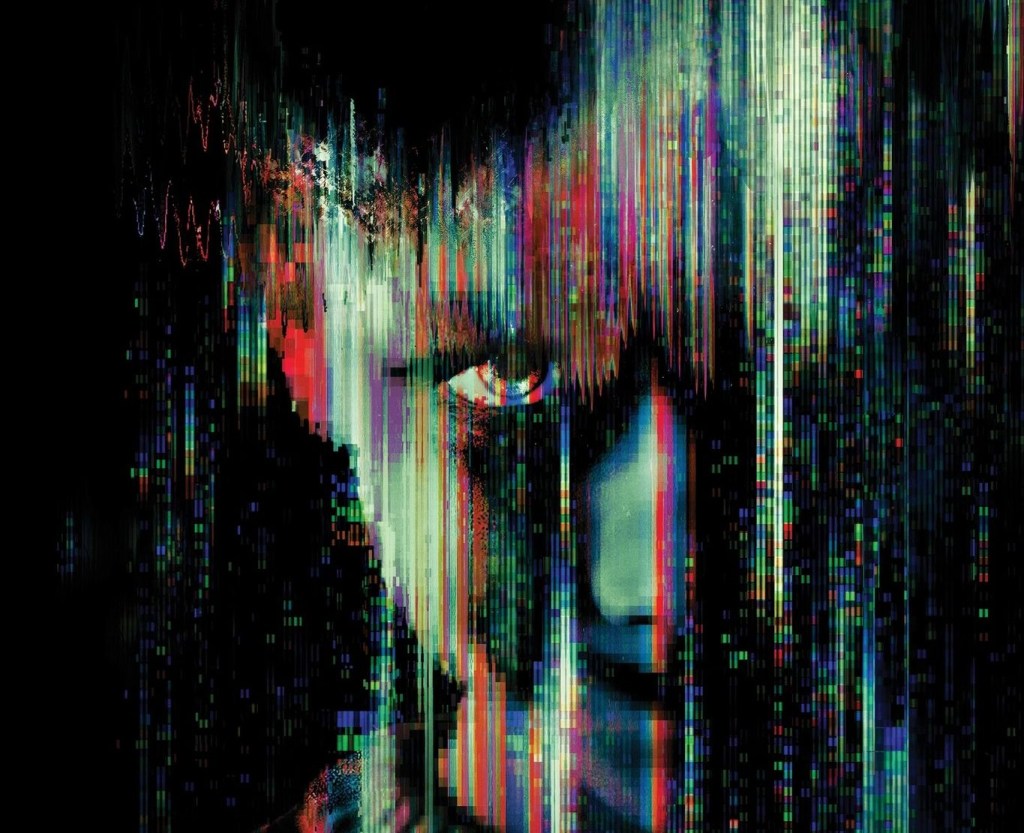Social media moves so quickly that if I said, ”Do you remember that Buzzfeed ghost story from six years ago?” you’d probably nod sagely and mutter something about the ”good old days”. That or go, ”I’m sorry the world was burning as it has been for quite some time. I overlooked that particular Buzzfeed article from all the articles and ”content” in that…

This is just an article test. #1









